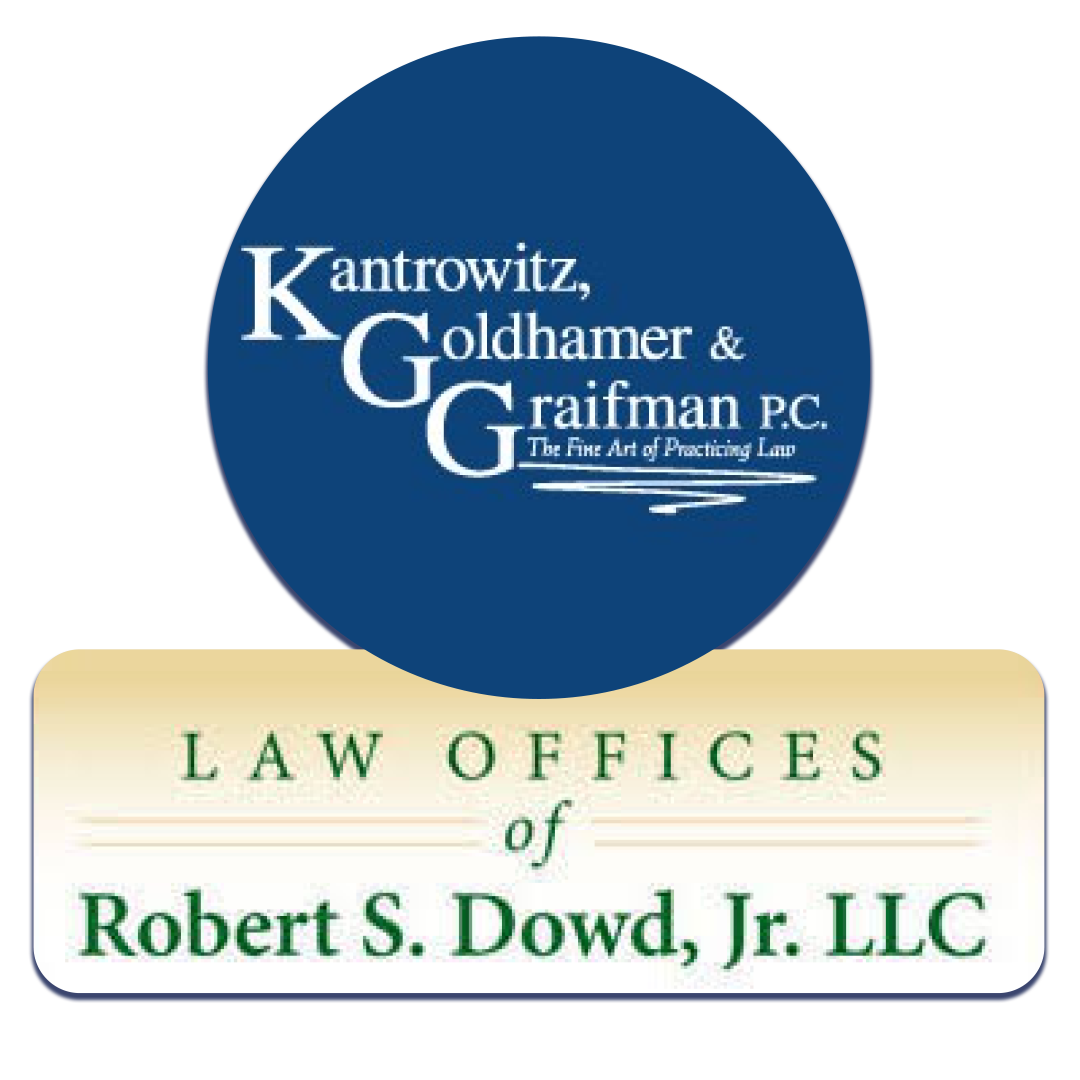More than 10,000 Americans are members of U.S. golf courses and country clubs. The air of exclusivity and access to abundant amenities seem to justify the upfront initiation fee expense paid by many members – especially when they are told this money will come back to them upon resignation or at some future date.
Do You Have a Case?
Let our experienced class action attorneys determine whether you have a case in this golf club litigation initiative.
The environment of today’s golfing industry has contributed to an increasingly frequent situation where club members are unable to rightfully recover their refundable deposits or initiation fees from their club -often to the benefit of investors in the club. Kantrowitz, Goldhamer & Graifman and Dowd Law are on the vanguard of legal efforts to ensure that investors in private golf clubs do not violate the rights of its members, especially those who are owed a return of deposits or initiation fees upon resignation or retirement.
How Do Golf Club Initiation Fees Work?
Typically, golf clubs charge a one-time initiation fee or membership deposit for members to gain access to the exclusive facilities of a private club. Until recently, these membership joining fees can be very substantial and may range from $5,000 to $100,000 or more. Usually, these initiation fees or membership deposits are marketed as “refundable” but the membership contract does not require the club to hold these fees in escrow and they immediately go to the club’s bottom line profit. This poses special dangers when the club is owned by investors rather than the members or is subsequently sold to investors, who may have no special allegiance or loyalty to the members as opposed to increasing the profitability of the owners. This is especially true in the changing golf market which is struggling to maintain its popularity with younger adults.
Policies Regarding Member Initiation Fee Refunds
Clubs differ in how they treat initiation fees once they’ve been paid. The policy is dictated by the terms of the membership agreement which ususally incorporates the membership plan and rules and regulations of the club. The terms sometimes require new members to be admitted to the club within the same “category” or “classification” in order for a resigning or deceased member to receive a refund. Sometimes, the membership agreement requires several new members to join or the club to achieve a certain number of members in order to process a refund. In most instances, resigned or deceased members are placed on a “waiting list” and are forced to rely on the golf club’s good faith to advise them when they are entitled to their refund, without any transparency into how the list is administered or whether the golf club has accurately accounted for new members or the current membership count. It is not unusual for former members to wait years and in their desparation to obtain some return on their membership deposit to agree to a cash out of their claims at a fraction of their deposit amount.
A faltering economy, such as during the Great Recession, and declining interest in golf has had a very negative effect on the administration of refund policies, especially by investor-owned golf and country clubs. For example, since the Great Recession when golf clubs hemmoraged members, there has been an increasing tendency for golf clubs to dramatically reduce intitiation deposits or to suspend them altogether, relying on annual membership dues to sustain profitability. The impact on the willingness of golf clubs to refund initiation fees to former members when they were not receiving incoming initiation fees was predictable as unscrupulous investors directed the managers to administer the refund policies to dramatically reduce if not eliminate refunds of initiation fees to former or deceased members.
Do You Qualify for a Golf Club Initiation Fee Refund or Has Your Request for a Refund Been Ignored or Denied?
Does the description above sound familiar? Are you tired of waiting for your refund or question the manner your club is administering its refund policay? If so, contact Gary Graifman of KGG or Robert Dowd of Dowd Law to schedule a private consultation for a review of your rights and remedies. If you retain our services, we will:
- Review your golf club membership contract and history of deposits to assess claim validity.
- Contact the golf club on your behalf to inquire as to the status of your initiation fee refund.
- Attempt to collect the money owed to you through settlement — or, if necessary, jury verdict.
- Make a case for a maximum award of damages under the relevant state law.
Gary Graifman of KGG and Robert Dowd of Dowd Law have teamed up to prosecute lawsuits which seek to recover the membership or initiation fees paid by members of golf clubs and golf courses across the United States. Class action status for former or current members may be possible subject to investigation. Please don’t delay this matter any longer. Let us help you recover that initiation fee as soon as possible. There is no charge for an initial consultation.







